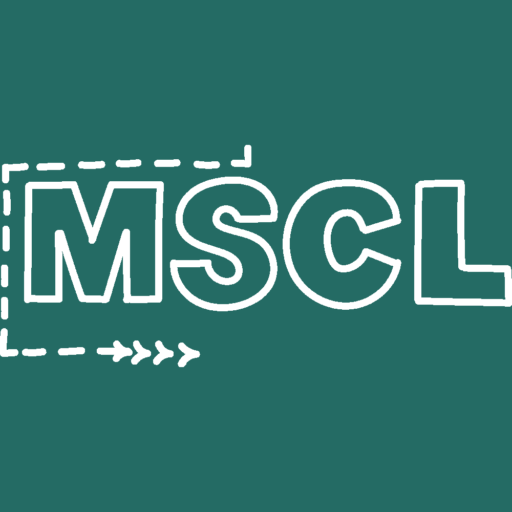Friederike Walch-Nasseri: Wissenschaft erzählen. Die Beziehung zwischen Wissenschaftsvermittlung und Storytelling am Beispiel des Podcasts Quarks Storys Telling science (The Relationship Between Science Communication and Storytelling Using the Example of the Podcast Quarks Storys).
Mona Meixner: Konstruktiver Klimajournalismus. Eine Kommentaranalyse des Wissenschafts-journalismus von „kurzgesagt“ auf YouTube (Constructive Climate Journalism. A Commentary Analysis of the Science Journalism of “Kurzgesagt” on YouTube).
Sarra Chaouch-Şimşek: Die Wirkung audiovisueller lösungsorientierter vs. problemzentrierter Wissenschaftskommunikation auf Emotionen und Handlungsintentionen von kollektiven Maßnahmen zur Anpassung des Klimawandels (The Effect of Audiovisual Solution-Oriented vs. Problem-Centered Science Communication on Emotions and Intentions to Act on Collective Action for Climate Change Adaptation).
